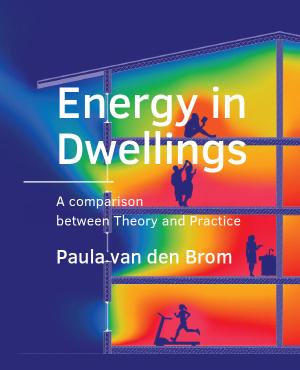Hosted by
Energy in Dwellings: A comparison between Theory and Practice
Synopsis
Energy simulation models for buildings are widely used by policymakers, researchers and consultants as a tool to advice on the reduction of residential energy consumption. Previous studies have shown that there is a gap between theoretical building energy simulation results and actual energy use. The discrepancy between theory and practice is problematic, as for instance expected energy savings are often not achieved. This thesis shows that analysing specific household types and building characteristics can contribute to a better understanding of amongst others the influence of the occupant on actual energy consumption. The effectiveness of thermal renovations is dependent on both occupants and building characteristics, which means tailored advice on renovation measures is necessary. We also found that occupants and building characteristics are equally responsible for variances in actual residential energy consumption. To reduce the gap between theory and practice on a single building level, simulation models are improved using calibration methods. In the final part of this thesis, a method is developed to calibrate simulations on a building stock level, making building energy simulation tools more reliable for policymakers.

